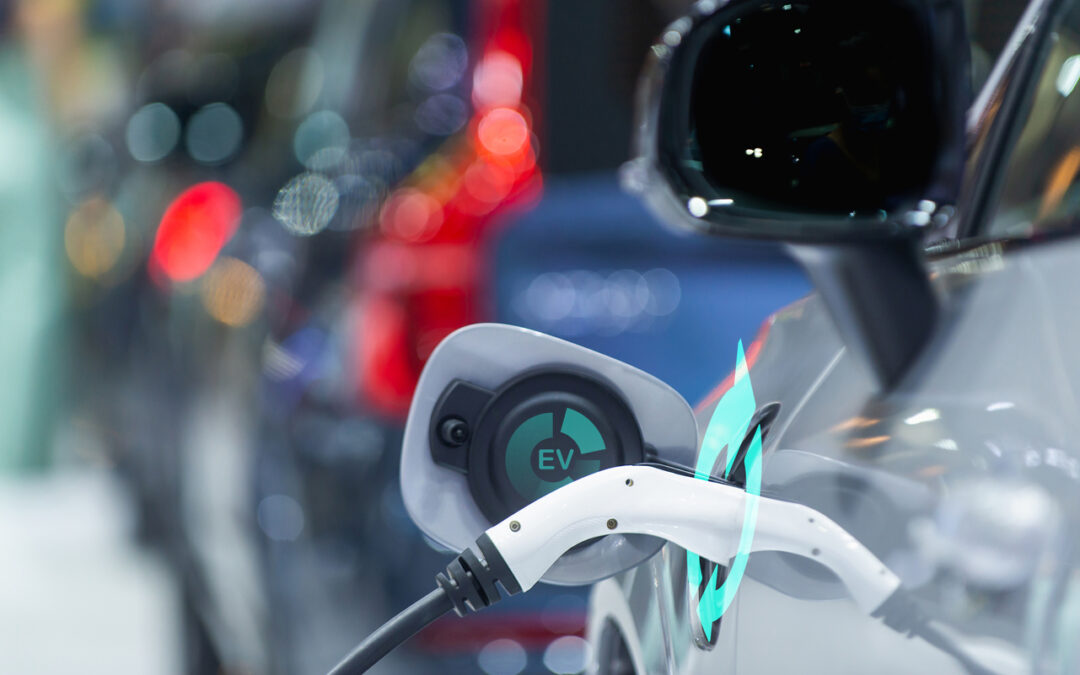The Paris Agreement is a legally binding international agreement on climate change. It was signed by 196 parties on 12 December 2015, and becoming binding on 4 November 2016.
The agreement bound the countries who signed it to limit global warming by restricting greenhouse gas emissions.
In 2003 the UK’s aim was to reduce C02 emissions by 60% from 1990 levels. By 2008 the Committee for Climate Change moved this goalpost to 80%, and in 2019 this was further reduced to 100%, meaning zero emissions.
Although motor vehicles are by no means the biggest polluting factor (the transport section is responsible for just under a third of all emissions and of those, 55% are from cars), they are a good place to start.
The UK has therefore legislated to make it illegal to sell a petrol or diesel car after 2030. Hybrid cars will be banned from sale from 2035, and thereafter, only electric cars will be on sale.
Given that electric cars are the future, the government has introduced several grants, charging facilities and tax, fuel and fee-saving benefits to encourage taxpayers to buy and use them.
These grants and savings exist for both individuals and businesses. Below is everything you need to know about the tax benefits of driving an electric car.
Benefits for businesses
Capital allowances
From April 2021, capital allowances can be claimed on petrol or diesel cars purchased by businesses with a C02g/km of under 50g/km at 18% annually, against taxable income on a reducing balance basis through the main capital allowances pool.
High threshold C02 cars, i.e. those over 50g/km, are put in a special pool with a lower writing down allowance of 6%.
Electric cars, however, and those with a C02g/ km of 0g/km, can benefit from first-year allowances (FYAs) of 100%. This means that rather than obtain a tax deduction over several years, 100% of the cost of the car can be offset in the year of the purchase (until March 2025). Please note that the car must be new (demonstration miles don’t count). Capital allowances are also available at an FYA of 100% on electric car charging points installed at the business.
VAT
Currently, there’s no difference for UK VAT between the purchase of a fossil fuel car or an electric car. The input tax on the cost of a company car used exclusively for business purposes can be claimed, and that of a company car with a private use element cannot be claimed.
However, there are VAT advantages with the charging costs if the vehicle is being charged at the home of the employee. There, electricity will be charged at the lower 5% domestic fuel rate. Where electricity is provided elsewhere, the VAT is the standard rate of 20%.
Benefits for businesses and employees
P11D and NICs
The provision of a car for private use, however limited, is a benefit in kind (BIK). This means that the BIK rules prevail in determining the charge on the employee and the company. This amount will need to be added to the P11D as a taxable benefit, taxed on the employee. The employer will also need to pay the Class 1A secondary NICs at 13.8%, which is based on the amount of the BIK.
For company cars, the BIK amount is based on the list price of the vehicle and the level of C02 g/km that it emits. This can be found on the V5 document. Fully electric cars are charged 2% in 2023-24, and this amount will remain frozen until at least 2024-25.
The difference in the BIK income tax charge on a higher-rate employee receiving an £80,000 petrol or diesel company car and an £80,000 electric company car, could be as much as £12,600 and the employer could save up to £3,864 in Class 1A NICs.
| Porsche Cayenne | Tesla Model S | |
| List price | £80,000 | £80,000 |
| BIK rate | 37% | 2% |
| BIK | £29,600 | £1,600 |
| Tax @ 45% | £13,320 | £720 |
| Class 1 NICs @ 13.8% | £4,085 | £221 |
If the car is a hybrid, the BIK will be lower than a fossil fuel car but not as low as a fully electric car.
BIK percentages for hybrids 50g/km and under, range from 2-14% depending on the electric range of the vehicle. Above 50g/km, the vehicle will be treated as a fossil fuel car, even if it is a hybrid.
Benefits for employees
Fuel benefit in kind
Company cars
Electricity is not a combustible gas and therefore, it isn’t treated as a fuel. As such, the fuel benefit charge is not in point. Charging the company’s electric car at or near the place of work using the employer’s electricity is an exempt benefit in kind, even if the car is not being used for business miles.
In comparison, if the car was a fossil fuel car with fuel being provided by the employer, income tax on £25,300 in 2022-23 would be charged for the BIK.
If a company car is being charged at other locations, such as at a public charging point, these costs can be reclaimed by the employee as a business expense without a BIK. If the company car is being charged at home, there is no additional benefit if the employer pays by, say, installing a charging station that they finance.
If the employee pays for the electricity, they can be reimbursed for the cost of the business miles travelled at a standard rate of 5p from 1 January 2022.
Private cars
Since April 2018, there hasn’t been a BIK for charging privately owned cars at or near the office, even if the car is going on to be driven for private purposes. Charging stations must be made available to all employees for this concession. Recharging at public stations can be reclaimed by the employee if they’re doing business miles.
At home, if the employer has installed a charging station that they finance or reimburse the employee for the electricity, the cost of the electricity is a benefit in kind. Although, allowable mileage payments can be claimed for business miles just like any other car at 45p for the first 10,000 miles and 25p thereafter.
Charging points
If the employee has an electric company car, there is no benefit in kind when the employer installs a charging point at the home of the employee. If, however, the charging point is being installed to service a private car which is used for business use, the cost is a BIK based on the cost of the employer to install.
Government grants and other benefits
There are various government grants available surrounding electric cars, including the plug-in grant, which reduces the cost of the purchase of an electric vehicle; the electric vehicle charge point grant for multi-unit properties and the workplace charging scheme for workplace charging units.
In addition, the vehicle excise duty (road tax) is currently exempt for fully electric cars prior to April 2025, and both the London congestion charge and the Ultra-Low Emission Zone Charge (ULEZ) exempts fully electric vehicles. There is also no fuel duty on electricity.
Finally, insurance is lower on electric cars. Data from the Association of British Insurers (ABI) indicated that this changed around 2020 due to the volume of insurers entering the market for electric cars. According to insurance information from ‘Go Compare’, the electric Nissan Leaf cost, on average, £156 less annually to insure than the petrol Ford Fiesta.
Practical tip
The optional remuneration arrangements (OpRA) salary sacrifice rule is that where the employee gives up earnings in return for a benefit, they will be taxed on the higher of the cash amount that the employee would have received or the taxable benefit amount. Electric cars are an exception to this rule, so they can be opted into through a salary sacrifice and the employee keeps the lower charge.
If you have any questions about the tax benefits of electric cars for employers and/or employees, please don’t hesitate to get in touch with PKB and we’ll be happy to help.
Talk to us about the tax benefits of electric cars
To read news and blogs from Rebecca Austin, click here >>


